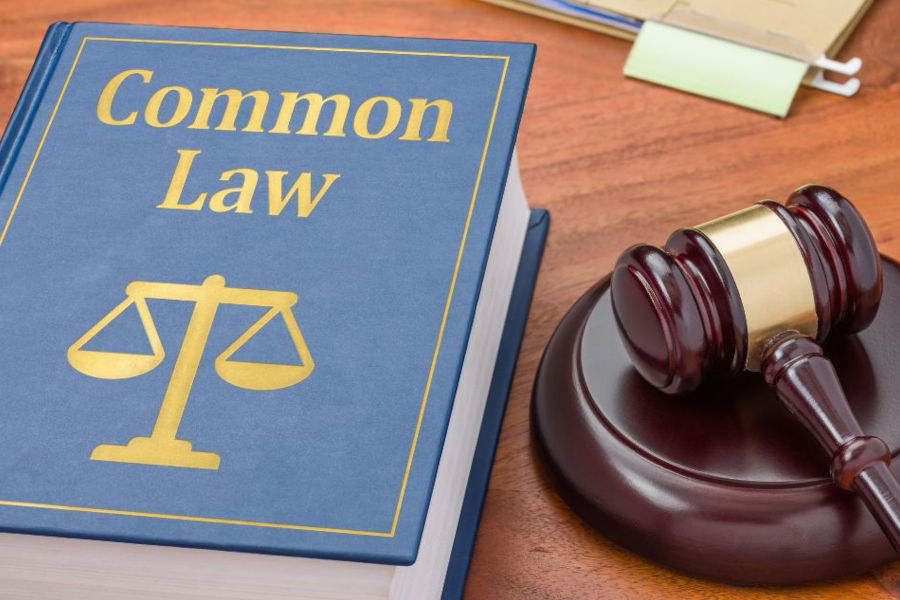Common-law marriages in Colorado often confuse many in the maze of legal relationships due to various prevailing myths. Marriages in Colorado can take two paths: a traditional route involving formal procedures such as securing a marriage license and holding a ceremony or through the “common law” route.
Despite lacking a conventional marriage license, a common-law marriage is legally acknowledged as a marriage, and the dissolution process mirrors that of a statutory marriage. Colorado is one of only eight states that recognize common-law marriage.
The Elements of a Common-Law Marriage in Colorado
To be recognized as a common-law marriage in Colorado, two crucial elements must be present:
- Mutual consent between the parties
- Public acknowledgment of the marital relationship
These components can be verified through witnesses or documentary evidence. An essential note is that the length of the relationship doesn’t dictate the existence of a common-law marriage. Instead, it pivots on the essence of the relationship—how the partners interact and the level of commitment they demonstrate towards each other.
Additionally, the relationship must be viewed in its entirety, examining the conduct and intentions of the couple. The recent changes to the law underscore this, putting more weight on the mutual agreement to live as spouses and less on outward societal perceptions.
The Revised Criteria for Common-Law Marriages in Colorado
In 2021, the Colorado Supreme Court provided a fresh perspective on the requirements for a common-law marriage. According to the new ruling, the manifestation of mutual agreement, followed by actions reflecting this agreement, can establish a common-law marriage.
The fundamental question becomes: did the parties intend to enter a marital relationship? In other words, did they aim to forge a committed, intimate bond of mutual support and obligation, as spouses typically do?
Evidence and Counter-Evidence for Common-Law Marriages
Evidence that may support the existence of a common-law marriage encompasses a variety of factors. Cohabitation, filing joint tax returns, holding joint bank accounts, being each other’s legal beneficiaries, referring to each other as “spouse,” organizing a marriage ceremony, and wearing wedding rings all contribute to the evidence.
However, certain factors may negate the existence of a common-law marriage. These include proof of a future promise to marry, individuals under eighteen, or a union that contravenes Colorado law.
Implications of Common-Law Marriages in Different Areas of Law
Common-law marriages often have significant repercussions in three law areas: divorce, criminal law, and estate litigation. Dissolution of a common-law marriage involves the same legal procedures as a statutory marriage, including filing for divorce. If there’s no common-law marriage, there can be no divorce.
However, if a common-law marriage does exist, it will be treated the same as a statutory marriage in court. Even without a common-law marriage, individuals may have rights based on contract agreements related to shared businesses, finances, and properties. Just like any other contract, these agreements can be enforced.
Furthermore, when children are involved, parenting time, decision-making, and child support issues can be resolved under the Colorado Revised Statutes.
The Need for Legal Assistance from an Experienced Family Law Firm
Grasping the complex nuances of common-law marriages can be daunting. For comprehensive clarity and guidance, it’s advisable to acquire the services of an experienced family law attorney, particularly those proficient in managing common-law marriage cases.
Perusse Family Law PLLC stands ready to assist you, providing informed advice and dedicated support. Contact us at (303) 228-2285 to discuss your circumstances and explore the best course of action.

